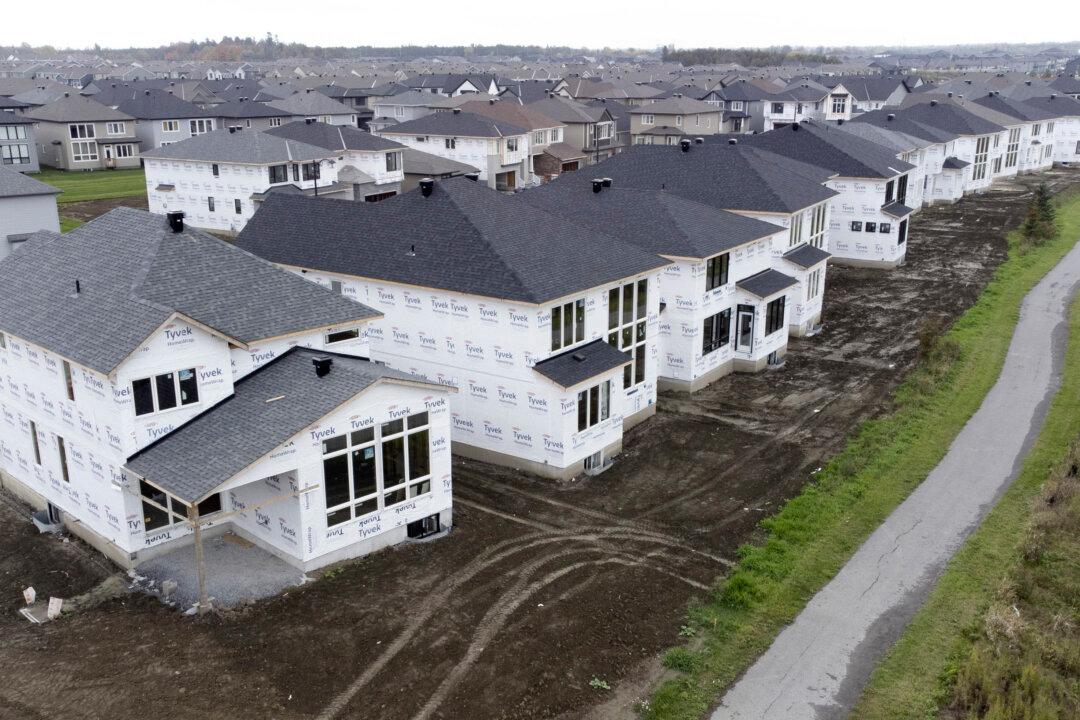Virtually all Canadians say they believe the country is in the midst of a housing crisis, with 69 percent strongly agreeing with the statement and 26 percent saying they somewhat agree.
In the new IPSOS poll, which surveyed 1,001 Canadians, just 4 percent disagreed that too many people cannot afford home ownership in Canada.





